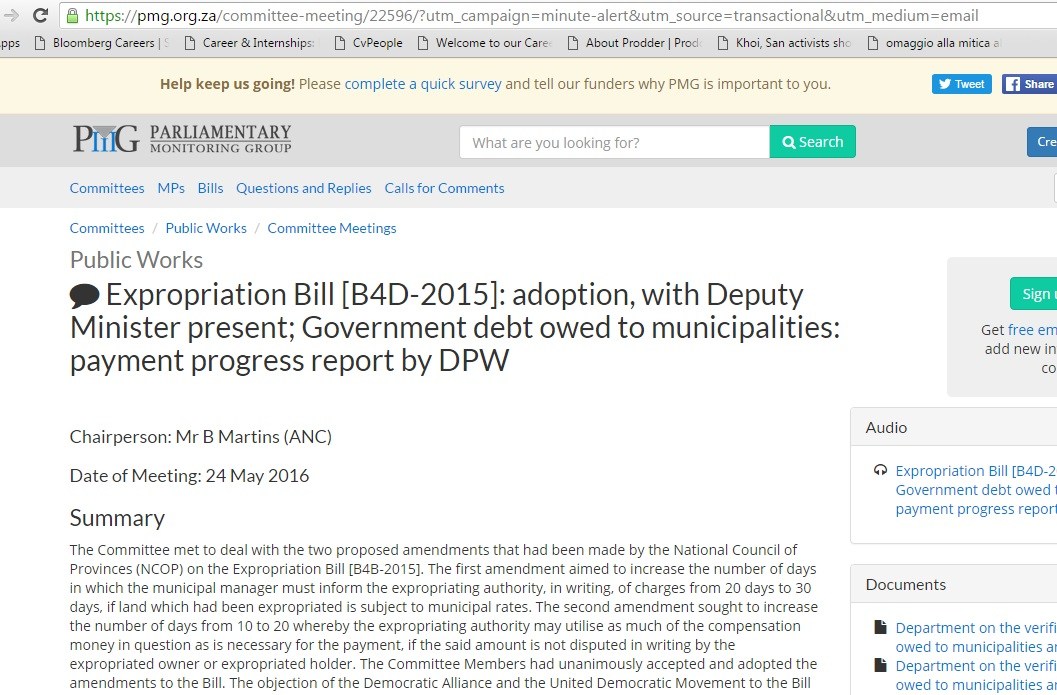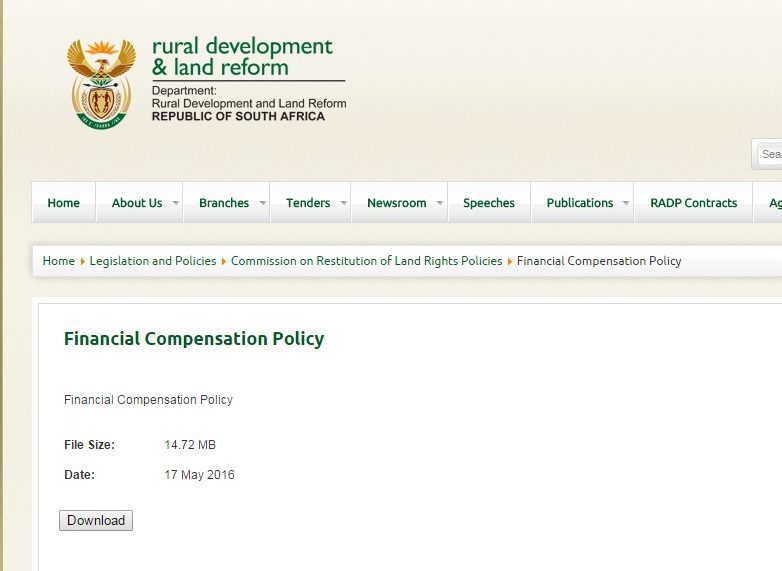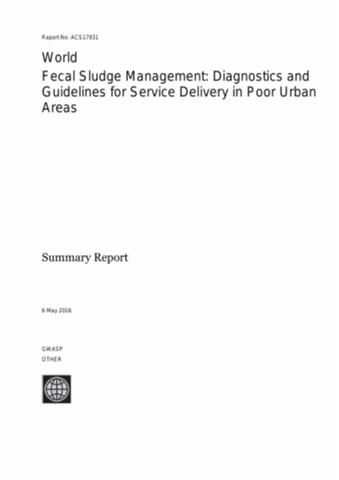The Kurdistan Region of Iraq
The Kurdistan Region of Iraq (KRI) is a constitutionally recognized semiautonomous region in northern Iraq. Its government, the Kurdistan Regional Government (KRG), based in Erbil, has the right, under the Iraqi constitution of 2005, to exercise legislative, executive, and judicial powers according to the constitution, except in what is listed therein as exclusive powers of the federal authorities. The Iraqi constitution defines the Kurdistan Region as a federal entity of Iraq. KRG has a parliamentary democracy with a regional assembly that consists of 111 seats.





